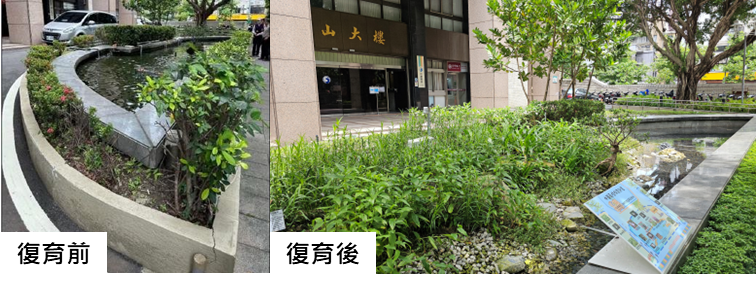Nature-Positive Actions
We have designated 2024 as the "The launch year of Biodiversity Initiatives," setting out a clear roadmap for biodiversity conservation and mainstreaming nature-positive practices. We share our biodiversity achievements with stakeholders to raise broader awareness and foster a deeper societal commitment to nature-related issues through ongoing engagement. In 2024, we achieved significant progress in biodiversity conservation through the following initiatives:
Black-faced Spoonbill Conservation Project
-
Project Objective
The Black-faced Spoonbill is one of the endangered species in the world and was classified as "National Vulnerable" in the 2024 Red List of Birds of Taiwan published by the Taiwan Biodiversity Research Institute. The Black-faced Spoonbill is an important winter migratory bird in Taiwan, and approximately two-thirds of the global population will come to Taiwan as their wintering habitat each year. In light of this, we have partnered with the Taiwan Black-faced Spoonbill Conservation Association to assist in monitoring and improving the habitat of the Black-faced Spoonbill in Qigu, Tainan.
-
Project Implementation
AI-enabled Black-faced Spoonbill Monitoring System: The image processing accuracy rate reaches nearly 90%, reducing survey personnel by approximately 200 annually, and this allows more real-time monitoring of the Black-faced Spoonbill's population and behavioral patterns.

AI Geofencing System: Accurately identifies intrusions (such as people or animals) and provides real-time alerts of potential threats, with an average of 160 intrusion incidents reporting rate per month, reducing the need for approximately 100 community patrol personnel in the Dingshan community.
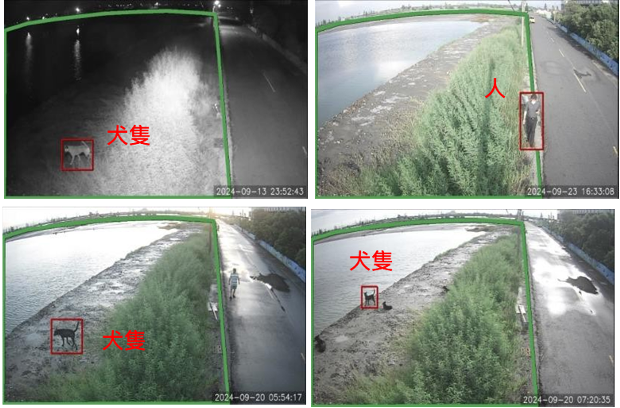
Building an AIoT-Based Intelligent Water Monitoring System: Assists management personnel in monitoring and adjusting wetland water levels more efficiently to ensure environmental conditions that support a complete food chain for the Black-faced Spoonbills. The creation of a better habitat is expected to attract over 50% more overwintering Black-faced Spoonbills to Qigu. thereby enhancing biodiversity and strengthening ecosystem resilience.

Hundred-Species Restoration Project
-
Project Objective
According to "The Red List of Vascular Plants of Taiwan", 989 species of vascular plants in Taiwan have been classified as critically endangered, endangered, or vulnerable. However, some of these plants grow in habitats close to areas of human activity and are not protected by protected areas legislation, resulting in rapid habitat loss due to development. These species represent the most urgent targets for conservation efforts. Therefore, we have launched a project to transform our operational sites into protection bases for threatened plant species that are not in protected areas, striving to improve the landscape and ecological environment at our service centers, and we aim to achieve the conservation of 100 threatened plant species over time.
-
Project Implementation
Conservation of Endangered Native Plant Species in Taiwan: In 2024, the Jinshan Building in Taipei, which features an ecological pond and a small flower garden with relatively high visibility, was selected as a demonstration site. Following an environmental ecological survey and inventory, as well as expert consultations, and after comprehensively considering the degree of threat, local cultural value, and feasibility of plantation, four rare plant species were chosen for conservation: Arundina graminifolia, Angelica pubescens, Asarum taitonense, and Hypericum subalatum.
Arundina graminifolia (D.Don) Hochr. Angelica pubescens Maxim. 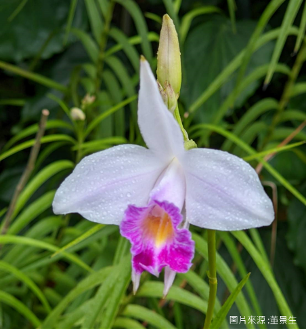
Source: Gene-Sheng Tung
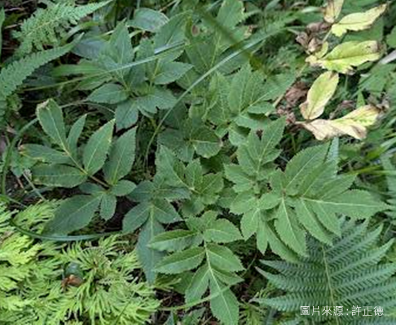
Source: Cheng-Te Hsu
Asarum taitonense Hayata Hypericum subalatum Hayata 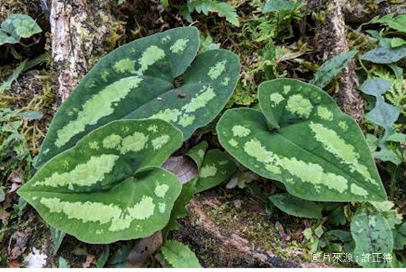
Source: Cheng-Te Hsu
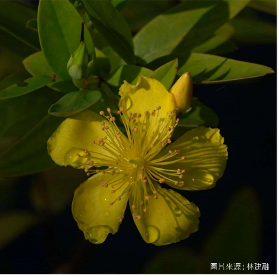
Source: Chien-Jung Lin
AIoT Real-Time Monitoring Platform: Utilizing advanced 5G communication and AIoT technologies, we have installed sensors and surveillance cameras to monitor the growth of plants around operational sites, including critical factors such as temperature, light intensity, and humidity. This ensures the growth of plants. Additionally, through our proprietary " CHT IVS platform," we continuously track plant growth patterns. By integrating technology into conservation efforts, we enable and achieve real-time monitoring and risk management.
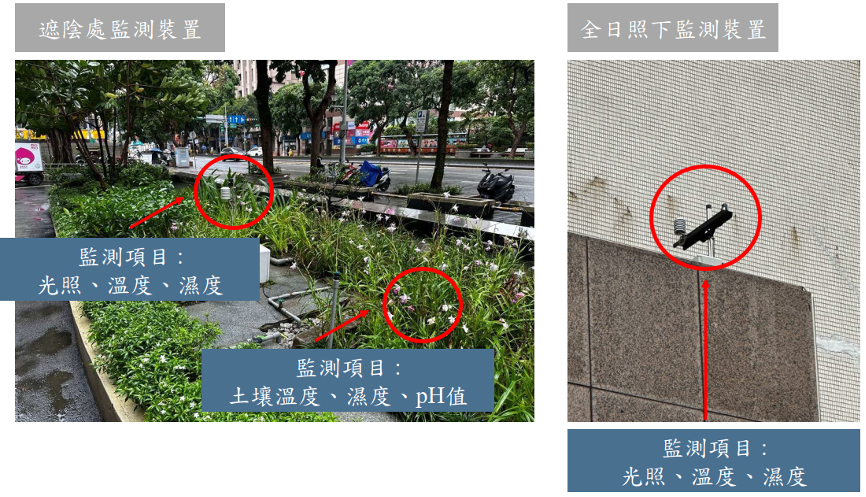
Promotion of Nature-Positivity Principles: We conduct employee training programs covering topics such as species selection and care, conservation landscape design, and an introduction to AIoT monitoring equipment and cultivate and encourage employees to participate in plant care and act as advocates, sharing plant conservation efforts and nature-positive principles with customers and local communities to promote the mainstreaming of nature-positive practices.
